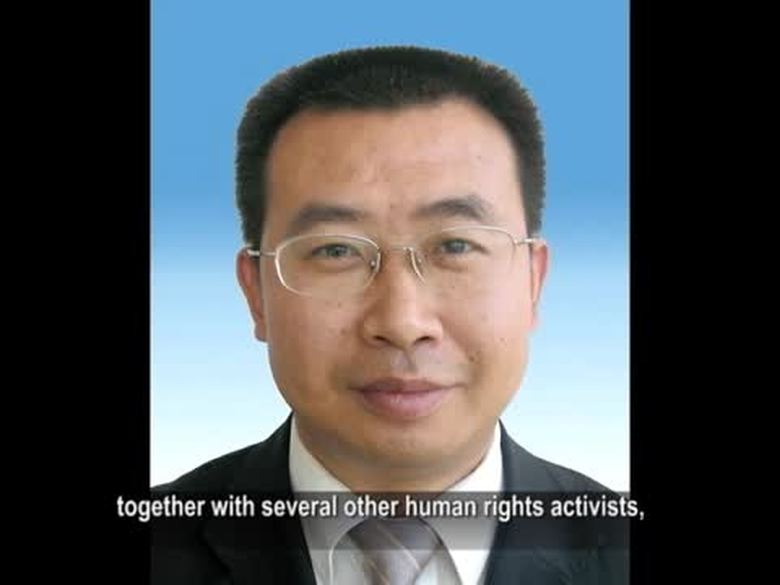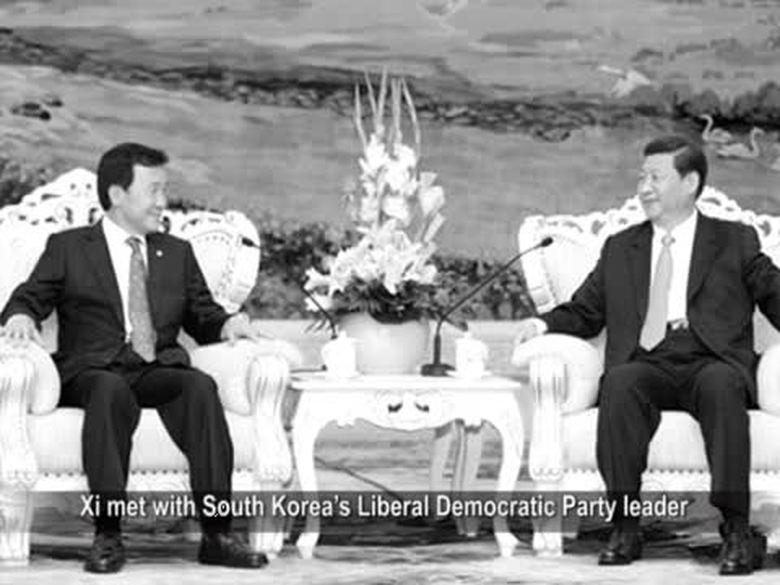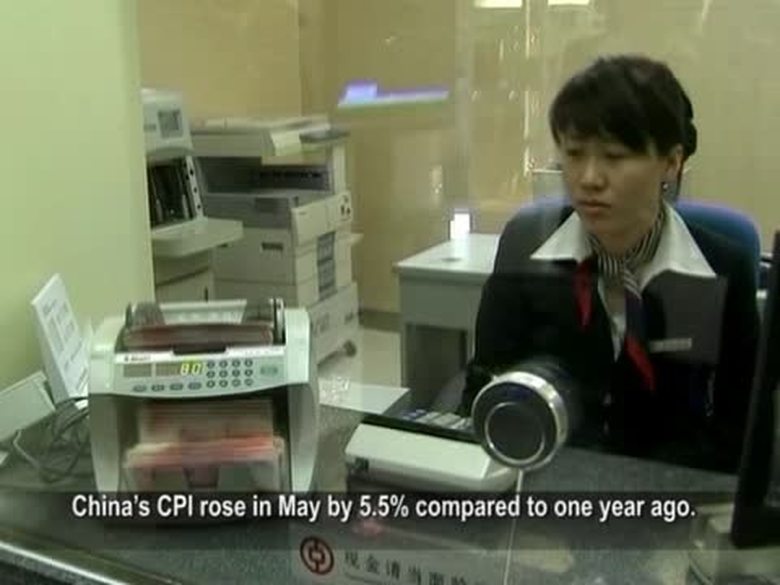【新唐人2011年7月6日訊】有從事“臉書” (Facebook)股票交易的相關人員透露說,「中國主權財富基金——中國投資有限責任公司」有興趣購買“臉書”股份,準備投入資金12億美元。不過,“臉書”是一個不被批准進入中國的網站,「中投公司」用國家基金想要收購它的股權,這意味著甚麼?且聽各方專家的不同解讀。
據《美國之音》引述美國新聞網站“商業內幕”(Business Insider)的報導,有消息說,中國與一個美國基金接觸,探討是否能為中國購買“舉足輕重”數量的“臉書”股權。這家美國基金正在購進前“臉書”僱員持有的股權。不過,「中投公司」還沒有對此發表評論。
“商業內幕”說,對網路實行嚴格審查的中國,有意願想購買“臉書”股權的猜測,勢必要引起7億多“臉書”用戶的擔憂,用戶擔心他們的照片和網上活動會受到審查。
但是有專家認為, 這種擔心是多餘的。據推測,“臉書”明年上市時,市值將高達1000億美元。12億美元購買不了太多影響力。另外,股東沒有權利介入公司的經營,更不能去審查用戶在“臉書”上的言行。
王俊秀(互聯網實驗室創始人《博客網》總編輯):“說明財經的集團,財經系的官員或者財經官僚,他至少是認可這個網站的價值。對於‘臉書’進入中國可能有促進作用,最多有個促進作用,但是最終的決定權不在他們。”
曾經擔任《和訊網》行政總裁和雅虎中國總經理的謝文也認為,「中投公司」收購“臉書”股權,甚至暗示著當局對於“臉書”態度的轉變,似乎為“臉書”進入中國打開綠燈。而對中國互聯網自由也會有正面意義。
謝文(前雅虎中國總經理):“你要不然顯得很可笑。一個國家的基金投入了一個公司,而這個公司的產品是不能被中國用戶享受的。那就顯得很奇怪了。”
但是,美國的中國問題專家章家敦則認為,中國有意想購買“臉書”的股權,是個值得關注的動向,尤其是長遠的影響。他說:當中國獲得足夠多的股權後,中國將能影響『臉書』,用戶則無法發表所謂敏感言論。他認為北京的收購背後有長期目標,希望在作大後,來影響社交媒體。
“臉書”和“推特”等社交網站,在北非的“茉莉花革命”中發揮了巨大作用,促成政權的更替。但是他們在中國並沒有產生同等的效果。「皮尤研究中心」的互聯網專案主任李.雷尼(Lee Rainie)認為,新媒體不但在中國會失靈,更會成為政府用來打擊異議人士的工具。他認為,獨裁政權監視著社交媒體空間,並且監視電話網絡,他們可以利用這樣的監測,來找出並且擊破反對政權的人。
不過,謝文認為,整個互聯網包括「社交網站」等新媒體,對中國的現代化和改革開放起著很大的作用。
謝文(前雅虎中國總經理):“信息的自由流動就可以使人們獲取信息的能力大大提高。社會交往能力的提高也降低了人們交往的成本,這都促進了人們討論社會發展的方便程度,和促進社會變化的可能。”
而章家敦說,北京希望左右全球對中國的評論,不僅在中國國內,並且在中國以外。所以,《央視》、《新華社》、《人民日報》大舉開拓海外市場,試圖通過收購海外媒體的股權,來影響他們的內容。
新唐人記者秦雪、薛莉採訪報導。
CIC Intends to Purchase Facebook Equity
Stocker traders working with Facebook said,
sovereign wealth fund China Investment Co (CIC)
had expressed interest in buying Facebook』s equity.
They are getting ready to invest USD 1.2 billion.
However, Facebook is banned in China,
what』s the implication of CIC』s intention
to buy Facebook』s equity using a national fund?
Various experts have different opinions.
Voice of America, quoting Business Insider, said
there are indications that China had been in touch
with an American fund, probing the possibilities of
buying a “substantial” amount of Facebook equity.
The fund is buying equity from Facebook staff.
CIC has yet to comment on this.
Business Insider said, a restrictive regime
like China, intending to purchase Facebook equity,
should raise some concerns among
the 700 million Facebook users,
as their activities and photos might be censored.
But some experts believe this is superfluous:
when Facebook appears on the market next year,
its market capitalization will be USD 100 billion.
USD 1.2 billion isn』t much of an influence. Besides,
shareholders don』t interfere with daily operations,
nor do they censor Facebook users』 activities.
Wang Junxiu (founder of China Labs
and chief editor of website “Bokee”):
It means financial groups and finance ministry』s
bureaucrats believe Facebook is worth the price.
It might help bring Facebook to China.
But the final decision does not rest with them.”
Xie Wen, ex-General Manager of Yahoo China,
thinks this indicates the regime』s attitude change.
It might green-light Facebook』s entry into China.
It will help bring positive changes to
China』s Internet freedom.
Xie Wen: Otherwise it would be very silly.
A sovereign fund investing in a product
that』s off limit to its own people.
That would be very strange.
However, China expert Zhang Jiadun believes
people should pay attention to the long-run effects.
He said, “When China accumulates enough equity,
they can affect Facebook.
Users can』t post so-called controversial comments.”
Zhang believes Beijing has a long-term goal
and intends to affect social media in the future.
Facebook and Twitter played a significant role
in the Jasmine Revolutions in North Africa.
But they didn』t have the same effect in China.
Lee Raine, director at Pew Researcher Center,
believes the new media will not work in China;
it will be used by the regime to suppress dissidents.
Dictatorial regimes monitor social medias and
the phone networks. They will use the surveillance
to seek out and destroy those who oppose them.
Xie Wen, on the other hand, believes the Internet,
including various social media websites,
can propel China』s modernization and opening up.
Xie Wen, “the free flow of information helps people
access the information.
Improved social interactions reduce the costs.
This creates convenience for people
discussing the directions of the society,
as well as promoting social changes.”
Zhang believes that Beijing wishes to influence
the world』s opinion on China, not just in China.
That』s why CCTV, Xin Hua and People』s Daily
are expanding their overseas market.
They are trying to influence overseas media
by purchasing their equity.
NTD reporters Qin Xue and Xue Li
看下一集

【禁聞】中共在野期言論驚人 歷史揭真面目

【禁聞】“輸血愛滋病”受害者 闖北京會議

【禁聞】近七成中國人抱怨物價 專家解讀

【中國禁聞】《建黨偉業》傳“偷票房”

【禁聞】日媒剖析京滬高鐵真相

【禁言博客】安徽最牛零分高考作文

【禁聞】亞視稱江澤民病死 網民慶 中共封網

【禁聞】追查國際﹕中國統促會是中共機構

【禁聞】百姓參選遭官府暴力 律師呼籲監察

【禁聞論壇】中國高速鐵路慢下來

【禁聞】一個不評論時事的政治作家

【禁聞】李天天再遭綁架 維權律師倍受打壓

【禁聞】消息人士稱江澤民腦死亡 官方沉默

【禁聞】習近平足球三願 網民嘆“火星撞地球”

【禁聞】央行再度加息“對抗”通貨膨脹

【禁聞】兒推特喚母:放我媽回家吃飯








